How Technology Affects The Real Life [Updated List June, 2024]
![How Technology Affects The Real Life [Updated List June, 2024]](https://earningniche.com/wp-content/uploads/2024/06/techno-1-770x470.jpg)
The Introduction of the Effects of Technology
In the dynamic landscape of the digital revolution, the impact of technology reverberates across every facet of human existence, sculpting a new paradigm of interconnectedness and innovation. As we traverse the intricate web of technological advancements, the transformative power of technology on education, lifestyle, entertainment, the military, and medical fields comes to light, illuminating the path towards a future shaped by digital ingenuity and progress. This exploration delves into the intricate interplay between technology and real life, unraveling the threads that bind us to a world where learning is personalized, lifestyles are redefined, entertainment is immersive, defense is fortified, and healthcare is revolutionized. Amidst the digital tapestry that unfolds before us, the call to embrace innovation, adaptability, and ethical stewardship of technology resonates as we navigate the ever-evolving landscape of the digital age.
Education
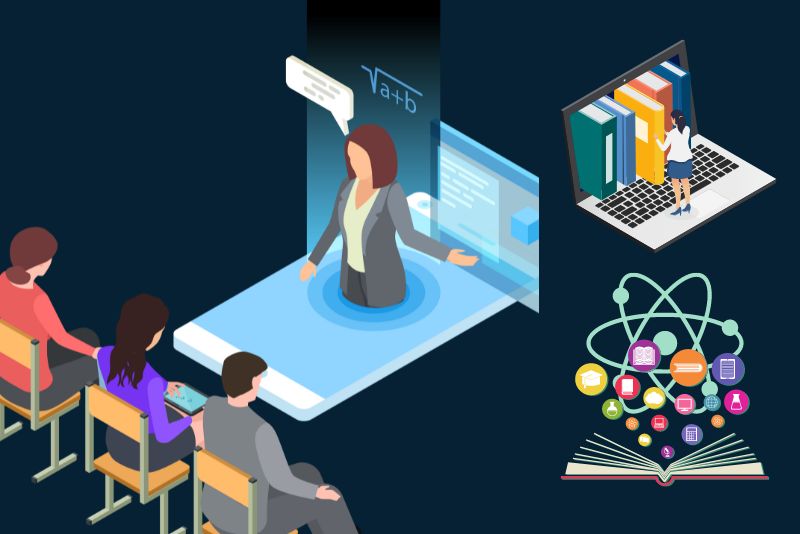
Technology has ushered in a new era of learning, transforming traditional educational paradigms and offering innovative tools and platforms that enhance the educational experience. The integration of technology in classrooms has revolutionized teaching methods, fostering interactive and engaging learning environments. Online learning platforms and digital resources provide students with access to a wealth of information and educational materials, transcending geographical barriers and enabling personalised learning experiences.
Moreover, technology encourages the development of critical thinking, problem-solving, and digital literacy skills, essential for navigating the digital age. The interactive nature of technology in education enhances student engagement, fosters creativity, and cultivates a lifelong passion for learning. Virtual reality (VR) and augmented reality (AR) technologies create immersive learning environments that simulate real-world experiences, making complex concepts more tangible and understandable for students.
Lifestyle
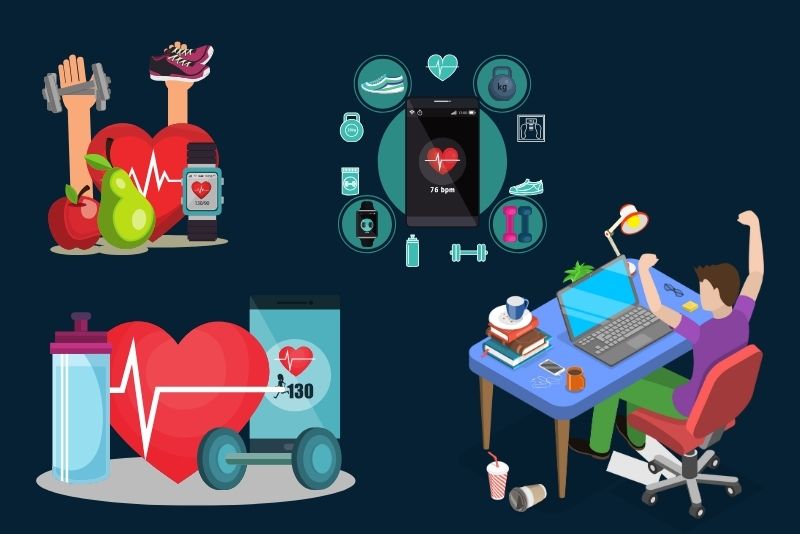
In the realm of lifestyle, technology has become an integral part of modern living, reshaping how we communicate, work, and engage with the world around us. Smart devices, IoT solutions, and digital platforms have streamlined daily tasks, enhancing efficiency and productivity. The advent of social media and digital communication tools has revolutionized how we connect with others, fostering global connections and community engagement. Online services such as e-commerce and digital banking have transformed consumer behaviours, offering convenience and accessibility at our fingertips.
Digital health technologies have also played a pivotal role in promoting healthy lifestyles and patient education. Automated messages promoting lifestyle changes delivered through digital platforms have proven effective in encouraging individuals to adopt healthier habits and make informed choices about their well-being. Technology serves as a catalyst for empowering individuals to take charge of their health and well-being, promoting preventive care and lifestyle changes.
Entertainment
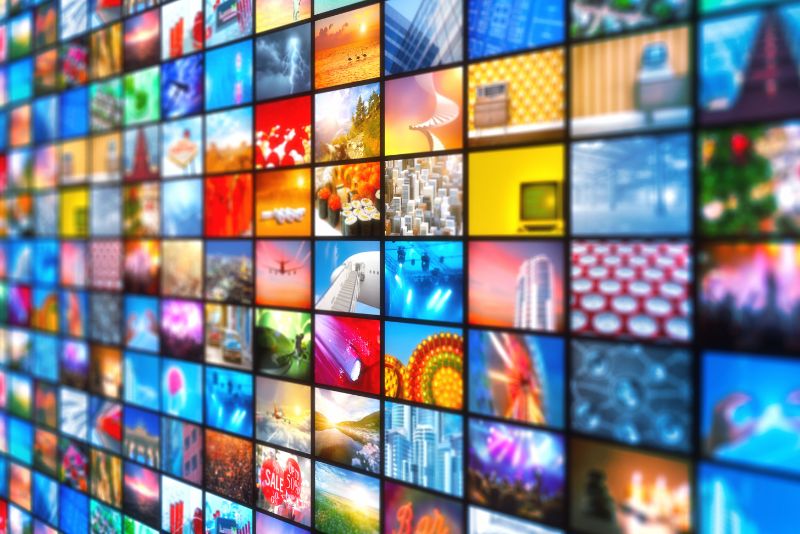
The entertainment industry has undergone a seismic shift with the advent of technology, ushering in a new era of immersive experiences and digital content consumption. Streaming services, online gaming platforms, and virtual reality (VR) entertainment have redefined how audiences engage with entertainment content. Artificial intelligence (AI) algorithms drive personalized content recommendations, enhancing user engagement and satisfaction. The convergence of technology and entertainment has given rise to innovative storytelling formats, interactive experiences, and audience interactions that transcend traditional boundaries.
Military
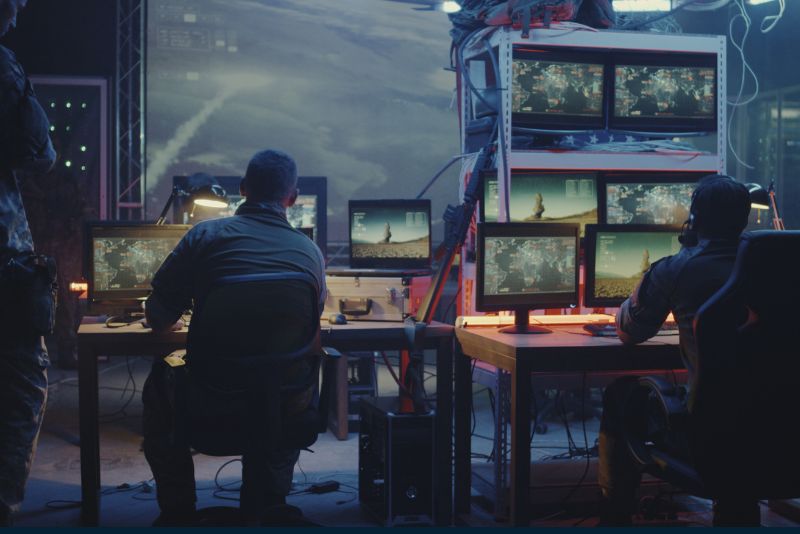
Technology plays a pivotal role in modern military operations, providing advanced tools for defense, surveillance, and strategic decision-making. Drones, unmanned aerial vehicles (UAVs), and autonomous systems bolster reconnaissance capabilities and combat effectiveness while minimizing risks to personnel. Cybersecurity technologies safeguard military networks against cyber threats, ensuring data integrity and operational security. Advanced communication systems facilitate real-time information exchange and coordination, enhancing situational awareness and mission success on the battlefield.
Technology in Medical
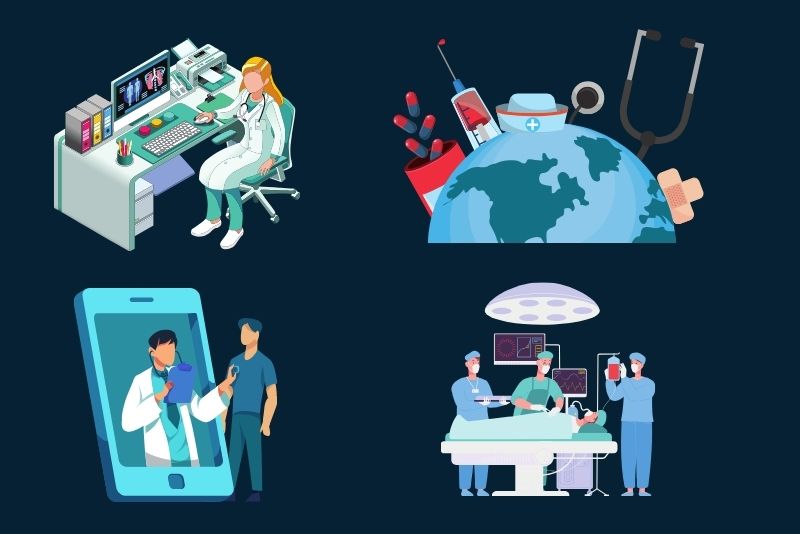
In the field of medicine, technology stands as a transformative force, revolutionizing diagnostics, treatments, and patient care. Medical imaging technologies such as MRI and CT scans offer detailed insights into the human body, aiding in precise diagnosis and treatment planning. Telemedicine platforms bridge geographical divides, enabling remote consultations and healthcare access. Artificial intelligence (AI) algorithms analyze vast medical datasets to identify patterns, predict outcomes, and support clinical decision-making. Robotics technology enhances surgical precision and minimally invasive procedures, improving patient outcomes and recovery rates in healthcare settings ([4]).
In conclusion, the impact of technology on real life is multifaceted and far-reaching, shaping the way we learn, work, entertain ourselves, defend our nations, and care for our health. Embracing technological innovations and leveraging them effectively can lead to transformative changes that benefit individuals, communities, and societies at large. As we navigate the ever-evolving landscape of technology, it is essential to harness its potential for positive impact and advancement in all spheres of human endeavor.






